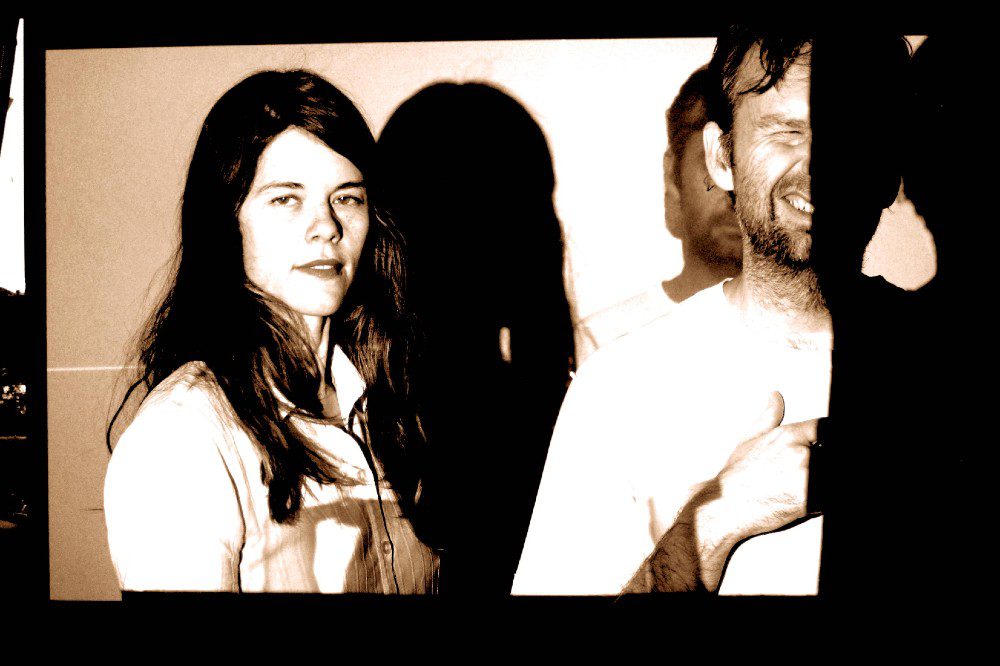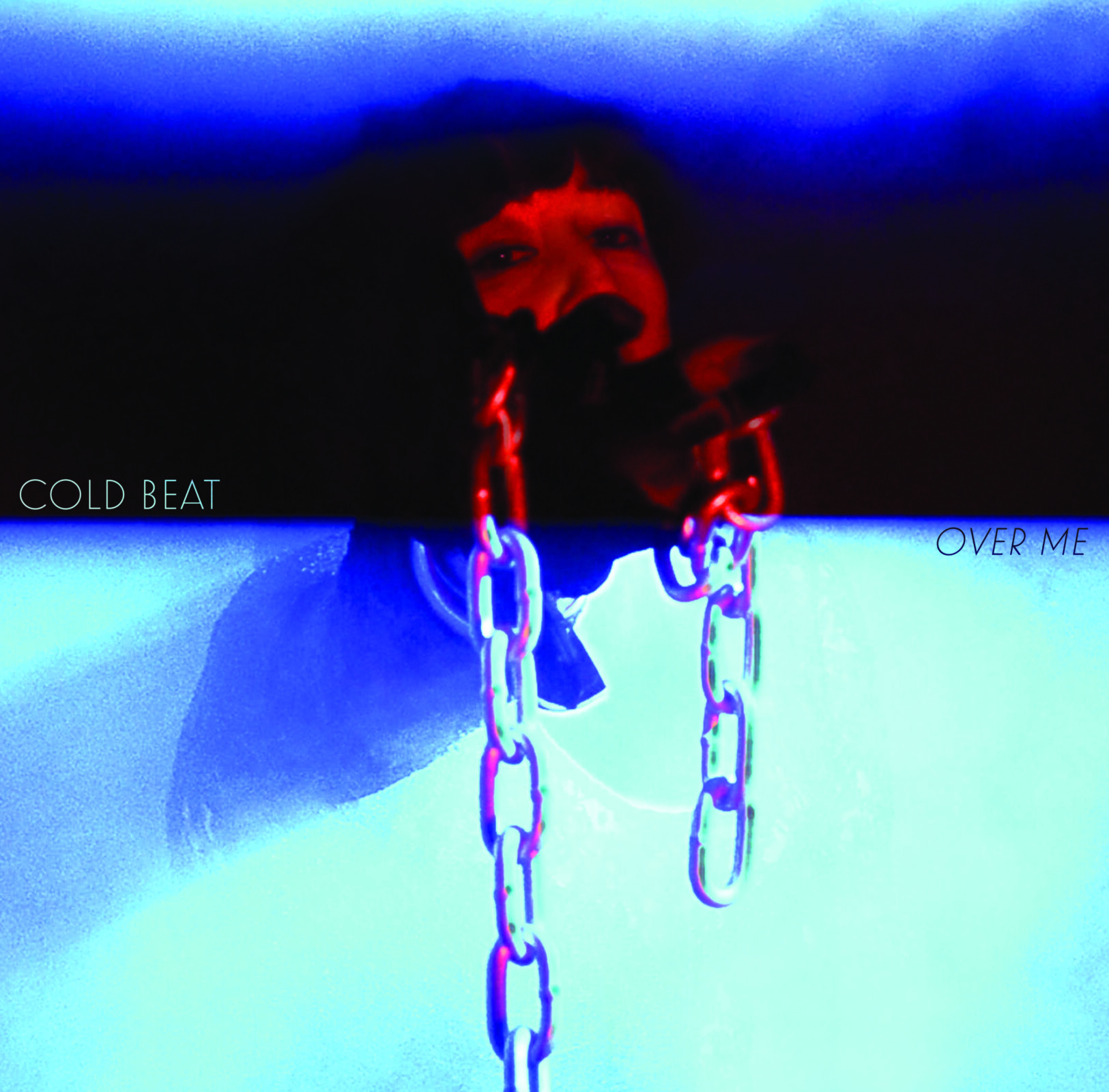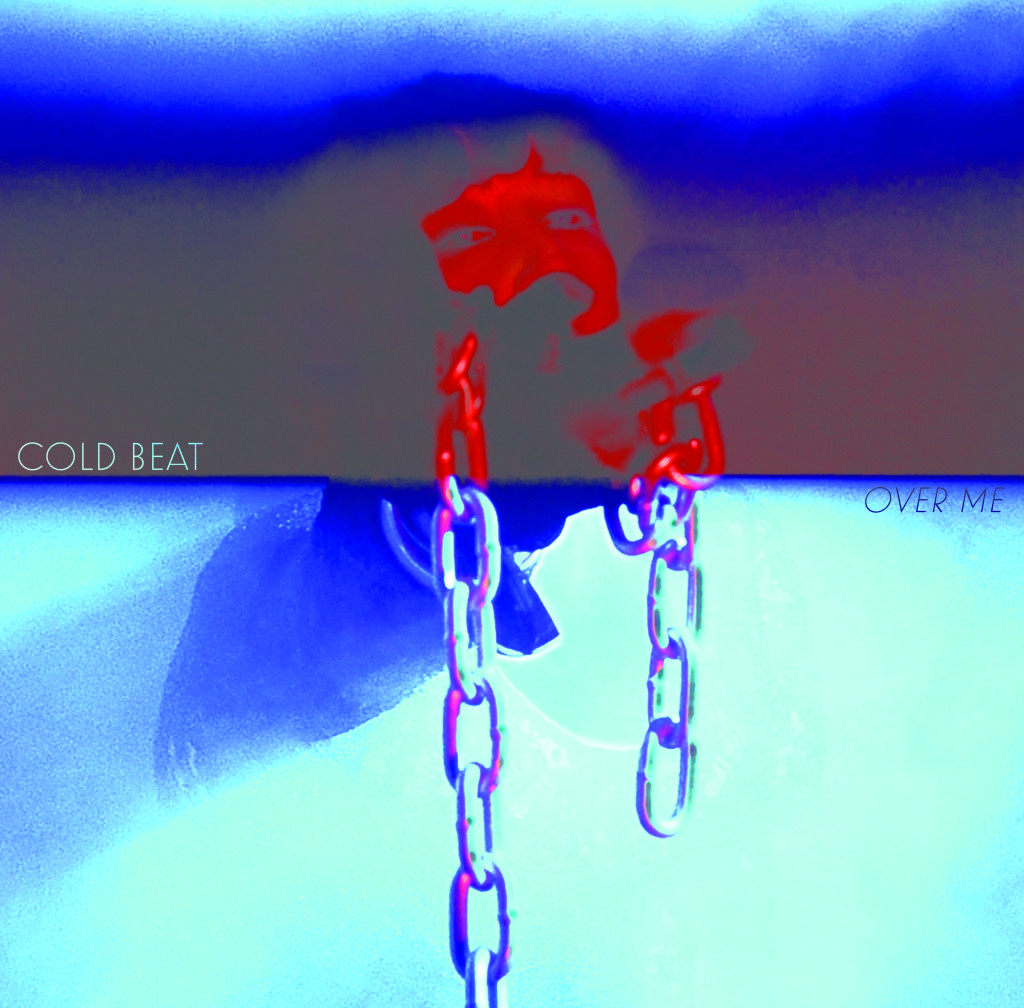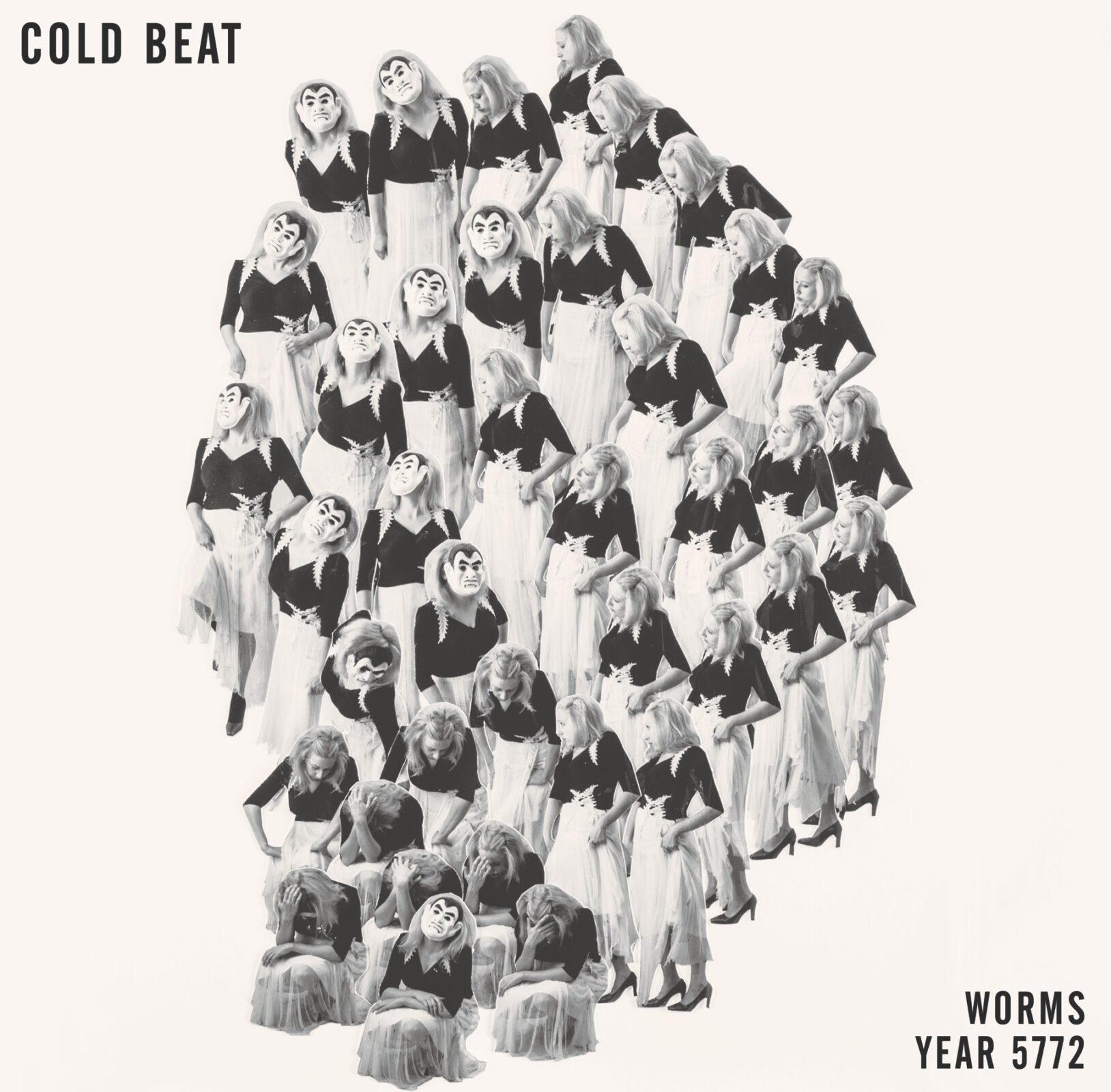

Raven Mahon doesn’t do predictable. The mixed-media designer is also a musician, currently half of The Green Child with Mikey Young (of Eddy Current Suppression Ring and Total Control). The duo started out as a long-distance collaboration, but Mahon and Young now live in the same house. The Green Child references ’60s dream-pop along with adventures into experimental synthesizer and drum machine. Mahon’s vocals, familiar to fans of her former work with San Francisco post-punk outfit Grass Widow, are the human connection to an ethereal soundscape.
“Music has always been self-initiated and self-guided,” she tells Audiofemme. Though she is evidently well-practiced in working with others, at heart her creations are, as she describes it, a solitary practice. That worked out well given The Green Child’s origins: Young was living in Australia and Mahon in California when they’d created their self-titled debut album of 2018.
“Mikey and I met playing a gig together in 2013,” explains Mahon, who has pulled over to talk to me on the drive back to Rye from Melbourne. “He was touring with Total Control and my previous band, Grass Widow, shared a practice space with one of the members of Total Control for the live tour. We had a mutual musical community, and it turned out he knew a lot of people I knew in San Francisco.”
The gig where they met ended up being the last one that Grass Widow played; they broke up later that year. Mahon stayed in San Francisco and Young went back to Rye, and the two started working on music as a natural extension of their long-distance relationship. “We’d record things in overdubs, but most of the songs were created in separate places and sent back and forth. They weren’t constructed into a process of jamming or trying to create songs live in the same place,” Mahon explains. “Most of them started out as electronic instruments, synths and beats, and slowly we’d add layers to me. How people are able to effectively recreate that in a live setting battles me.”
Eventually, Mahon moved to Australia, and the experience of relocating resulted in the lyrical exploration on their sophomore record, Shimmering Basset, released via UK imprint Upset the Rhythm, in October 2020: the impact of being distant from your birthplace, family and past life; making a home in a new place; how to remain connected with the people and places that you love. Young and Mahon, living in their beachside home in Rye, an hour away from Melbourne on the Mornington Peninsula, worked on the album in their basement. There is a sense of having found their footing, being able to dance in step completely and ultimately, a greater confidence to Shimmering Basset than their debut.
There is a cosmic, dark vibe to much of The Green Child’s work, perhaps a sense of raising ghosts that are not entirely harmless or escapable once conjured up. Layers of drums, synthesizers, horns, reverb and fuzzy psychedelia build up to an all-encompassing atmosphere – it’s anarchic, almost intoxicating.
Neither Mahon nor Young have done much, if any, media around The Green Child. “Honestly, I don’t do interviews that often because [Grass Widow] was pretty political and we communicated more through our interviews than our music,” says Mahon. “So, I used to do that a lot; for this project, I’m surprised anyone’s even heard of it! We haven’t played live up until this point, so it feels almost like a secretive project.”
Fittingly, the band is named after The Green Child, the sole novel written by English anarchist poet Herbert Read. Published in 1935, it is inspired by the 12th-century fantasy-folk tale of two green children who appeared, inexplicably, in the English town of Woolpit. The two children speak an indecipherable language in this mythical tale, which divided critics both at the time and ever since, on whether it was a great work of philosophy in the spirit of Plato or whether it was too obscure to be understood. Read wrote a letter to the famed psychoanalyst Carl Jung explaining that the novel resulted from a stream-of-consciousness series of writing sessions, that it was born more as result of a meditative state than of any particular publishing ambition, derived from his interest in the difference between wisdom and understanding, intellect and intuition.
“Mikey had come out to California and we went to this far flung town and found that book,” she remembers. “I later found out that it was a cult novel in some circles, but it was the only novel he released. We both read it on this holiday together in California and later decided to name the band after it. I wrote a lot of lyrics on the first album based on imagery and sci-fi concepts of that novel.”
A passionate reader, Mahon can name titles and authors she adores with ease (she’s currently reading Monkey Grip by Australian author Helen Garner). When it comes to formative music experiences though, she is reluctant to name names. “I would have to say that there’s an obvious answer, but it’s hard to articulate,” she says. “It’s more to do with San Francisco in the early 2000s and the ethos of the community I was in when I started making music: [people] putting on shows and touring with whatever resources they had.”
“It’s so different to now because you’ve got the internet at your disposal to connect with people and broadcast your music in this anonymous, broad-spread way,” she adds. “It was so concentrated in a pocket of a neighbourhood of San Francisco when I started out, so people were hijacking power from the bus station and playing on the street corner and putting on house shows. That said, lots of bands like the riot grrrl bands were formative. Politics in the music scene and conversations about gender really shaped how we communicated with each other while I was in Grass Widow.”
Both Mahon and Young are prolific creators, though while Young’s remit is entirely music-related, Mahon is a furniture designer and maker by trade, and she can appreciate the parallels in both crafts. “I think that they are probably both expressions of personal propensity towards working independently,” she says. “I’ve played with other people, and sometimes I’ll collaborate with clients and designers and architects, but for the most part I’m in a space crafting something by myself. There are these potentials in both realms to be inventive, staying within convention to the degree that things are functional and meets needs, but there’s potential in both places because I’m not working for someone, or beholden to anyone.”
At home in Rye, where Mahon is about to return once I release her from her roadside stop besides a cow paddock, she and Young are often talking about music, or making reference to it. “I’d say our life is art and music is really integrated into our lives – there’s dimension to our musical lives too,” she says. “Mikey is mixing and mastering at the home studio, and four times a year he has a radio show on NTS he contributes to, plus other projects like curating records of obscure songs from the deep web. We’re constantly talking about some element of music, not necessarily our music.”
It’s hard to say when those discussions will turn toward making another record, but last year, The Green Child also released three stand-alone singles: a cover of Canned Heat’s “Poor Moon;” their contribution to Melbourne’s Chapter Music comp Midnight Meditations, “Rats on the Roof”; and “New Dungeon,” part of Mexican Summer’s Looking Glass Singles Series. “We never make a concerted effort to write a Green Child album, so it could be another two years. We talked about playing a show, but I’m not sure if that will manifest,” Mahon says. But, she adds, “We’re always tinkering with different songs and ideas.”
Follow The Green Child on Bandcamp for ongoing updates.





